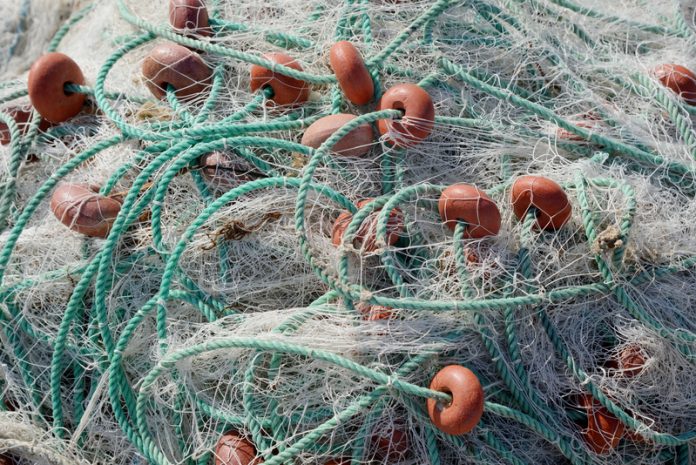In September 2015 the UN will release the Sustainable Development Goals (SDGs) to guide international development for the next 15 years. Out of the 17 goals, number 14 is to “Conserve and Sustainably Use the Oceans, Seas and Marine Resources for Sustainable Development”, and is a topic of particular interest to the United Nations University – Fisheries Training Programme (UNU-FTP). Unless this goal is achieved, the probability of meeting other goals and targets relating to poverty alleviation, health and nutrition is slim.
Where does the fish come from?
In the mid-1980s developing countries accounted for less than 50% of world catches, but today they account for more than 75%, although the total world catch has stayed the same. Overfishing of stocks in developed countries has been compensated for by the expansion of fisheries in developing countries and increased trade in fish and fish products. In a sense, the problem of overfishing has been exported, from the rich to the poor. At the same time, fish has become ever more important as a source of animal protein and various nutrients in the diet of people in poorer countries. Almost half the global catch comes from 25-30 million small scale fishermen in developing countries, each fisherman contributing on average less than 1.5 tons per year. About 75 million people make their living from processing and trading the catch, but poor handling and processing mean that much of the nutritional value is foregone and so is the opportunity for most to make a good living from the exploitation of living aquatic resources. In 1998 the UNU-FTP was established, reflecting the global importance of fisheries and the increasing concern of the state of world fisheries. The core element of the UNU-FTP is an annual 6-month training programme of about 20 fisheries professionals (UNU-fellows). This is conducted in Iceland, where fisheries are one of the main pillars of the economy. The UNU-FTP’s close cooperation with the industry, academia, and research entities in Iceland illustrates to UNU-fellows the value of human capital to societal development and success in fisheries.
Managing natural wealth
The benefits people and societies derive from resources depend on how we manage them. Fisheries resources are renewable but undermanaged and overexploited in many developing countries. Excessive fishing pressure has both biological and economic consequences. Lack of appropriate policies and capacity to evaluate the status of stocks and the health of the sector make it challenging to formulate and implement adequate management measures. This not only influences the stocks, but also the ability of people to increase the value of fish through good handling, processing and marketing.
Iceland uses a rights-based system of fisheries management, based on rigorous science, with quotas set according to total allowable catch, determined for all major species. Although neither perfect nor universally applicable, the system has resulted in healthier stocks, reduced cost of fishing, improved quality and increased value of the fish, and thus demonstrated to the world that fisheries can be managed sustainably.
By introducing UNU-fellows to the Icelandic fisheries sector UNU-FTP gives them an appreciation for the potential development possible through careful management of fisheries resources. Since the establishment of the UNUFTP, about 300 professionals from 50 countries have completed the 6-month training in Iceland, specialising in various fields of fisheries. In addition, over 1000 people have attended our short courses and workshops in our partner countries. The programme in Iceland is funded through the ODA budget of the Ministry for Foreign Affairs but also seeks partners in implementing strategic actions towards capacity enhancement in its partner countries.
Thor H Asgeirsson
Tumi Tomasson
United Nations University – Fisheries Training Programme (UNU-FTP)
Tel: +354 575 2000
thoras@hafro.is











